
News about Sustainability
Viser 217 til 240 af 265 dokumenter.


The ideal of freedom in the Anthropocene
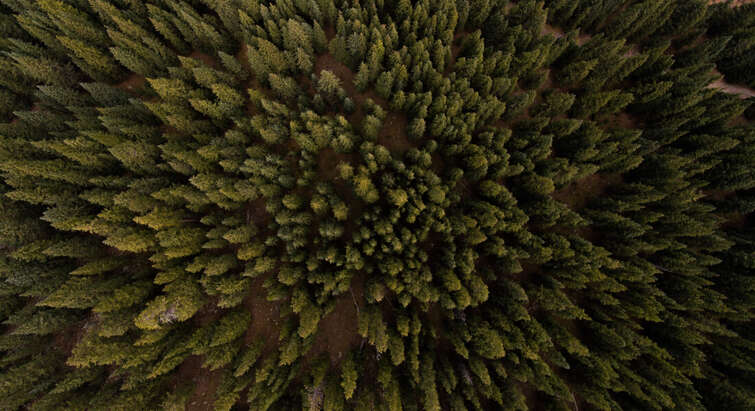
Course on Carbon Capture and Storage
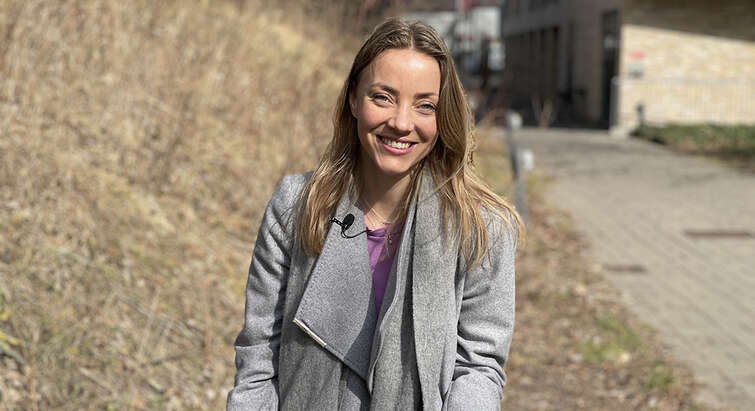
Boosting umami flavour to get us to love green food

Plant-based foods: New specialisation in the MSc Programme in Food Science and Technology
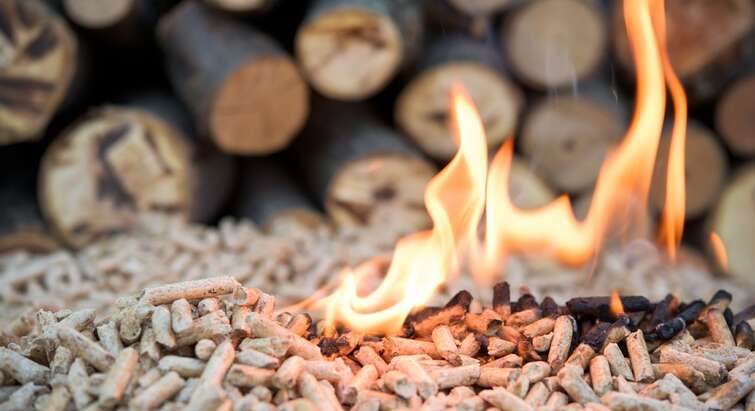
Bio-what? Half of Danes don’t know what biomass is
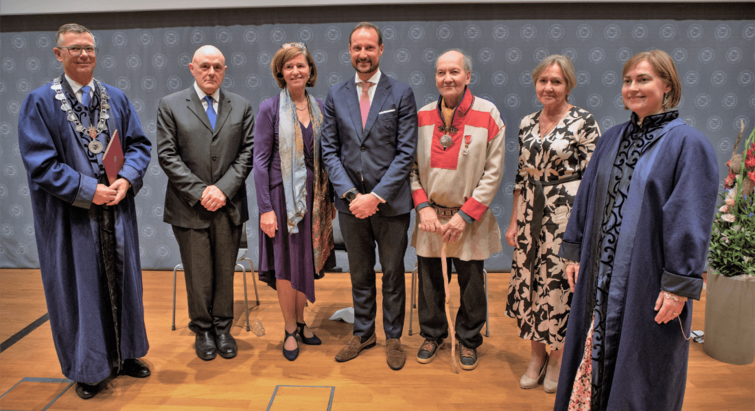
Katherine Richardson receives honorary doctorate
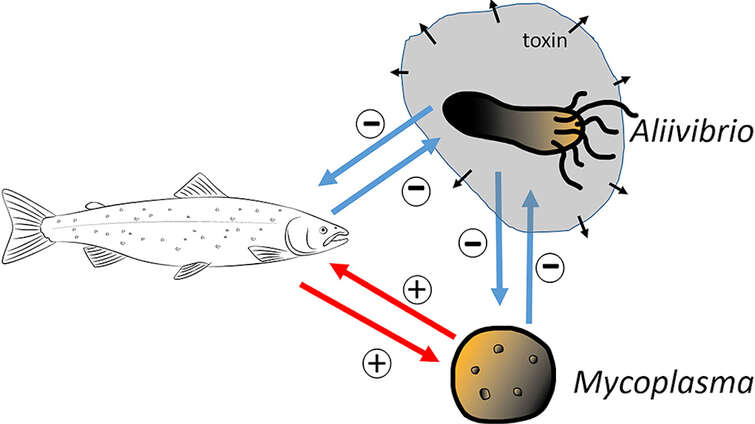
Hologenomics viewed through a mathematical lens
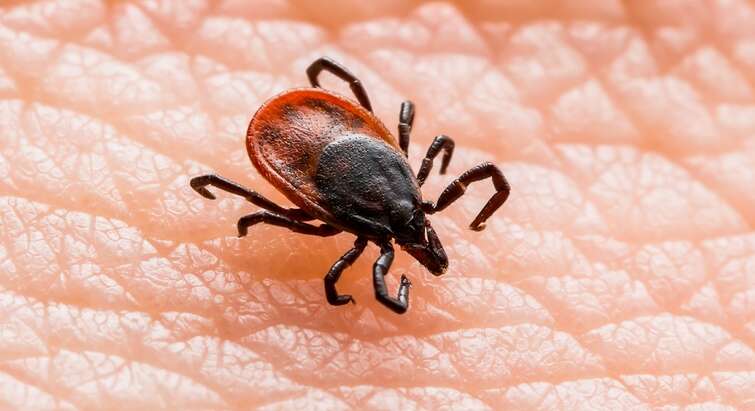
When you Google the word 'tick', you're helping science
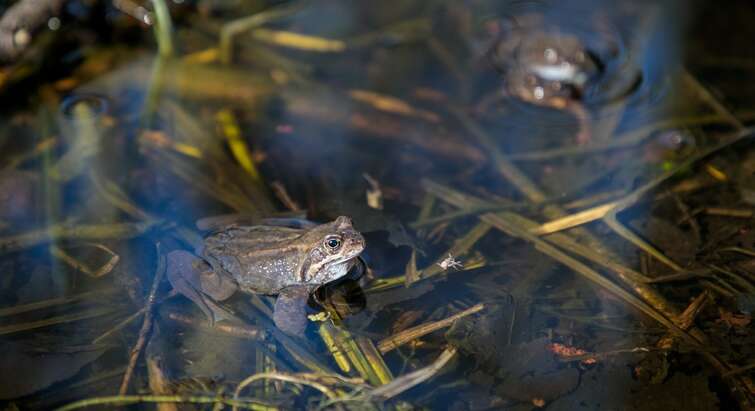
New biodiversity report: The value of nature should be included in Danish economic decision making
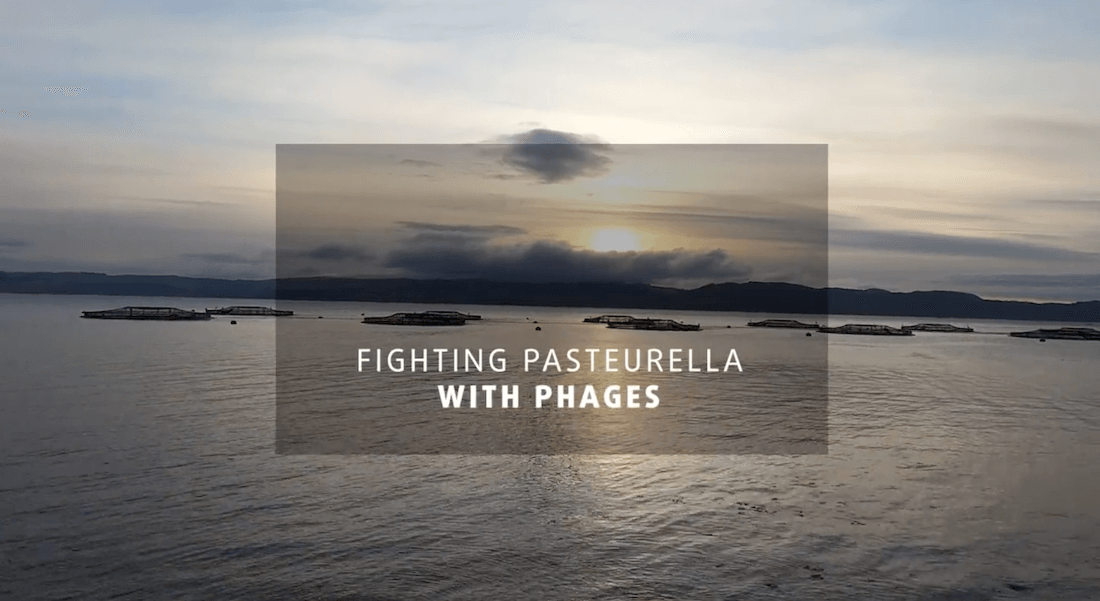
Phages to fight bacterial infections
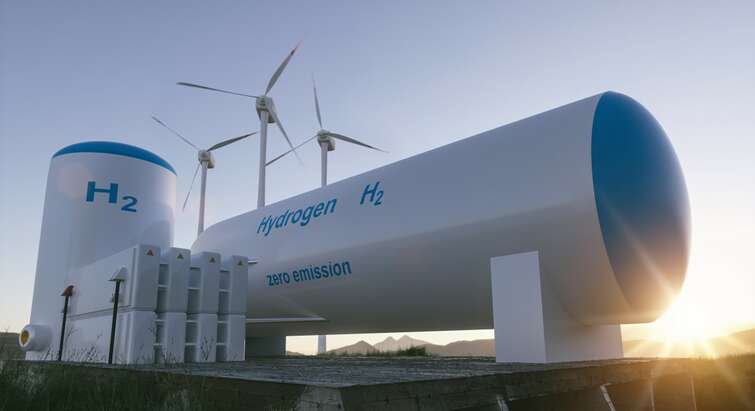
How do we ensure local support for green energy production?

How to see the forest and the trees
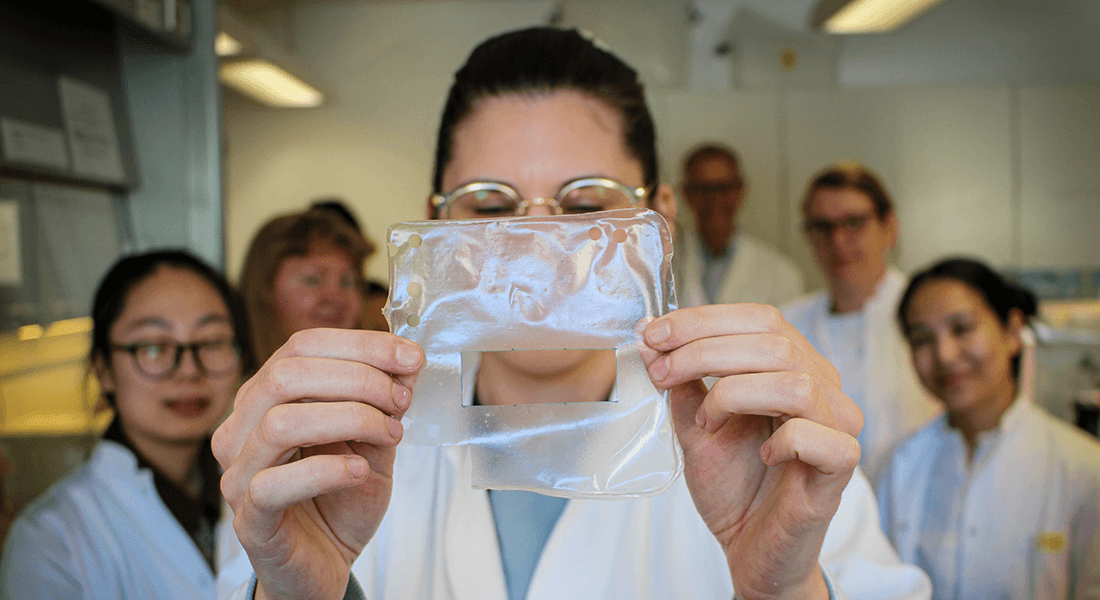
Starch from plants is key to bioplastic that is actually degradable
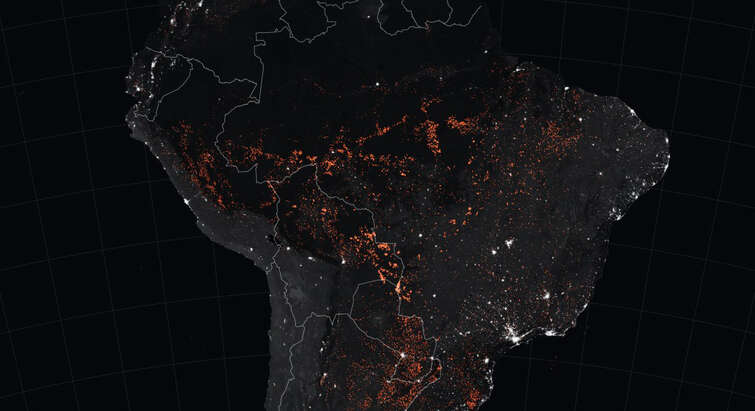
Wildfires: When nature strikes back politically
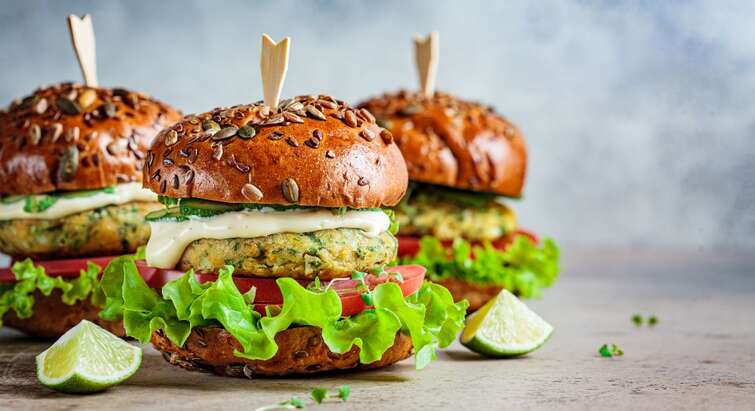
Phenomenal raw materials will get Danes to fall in love with plant-based diets
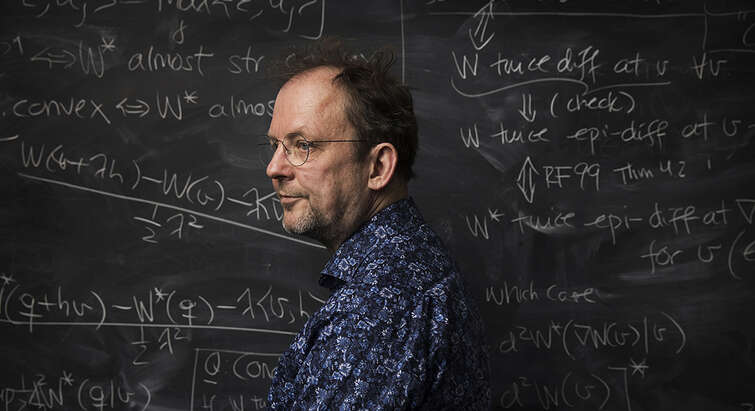
Large, economic wheels must be turned to make way for green cars
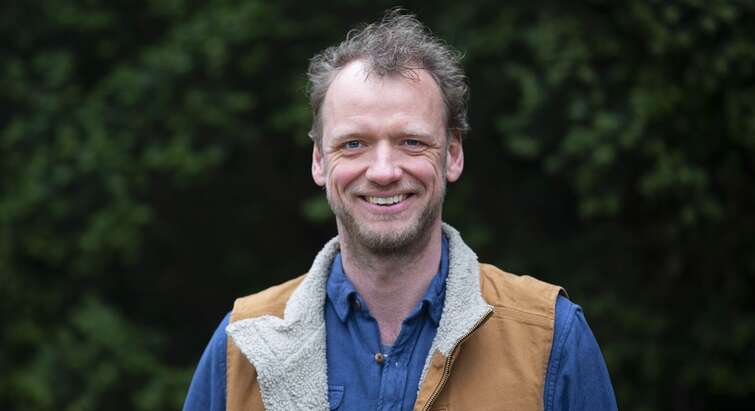
Professor inspired by housewives and schoolchildren

Why the food crisis will pass

290 million new city dwellers benefit China's climate balance
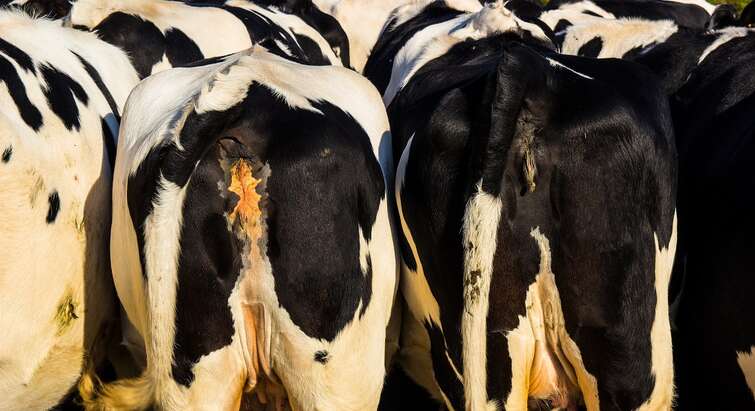
Pharmaceutical residues in sewage sludge and cattle manure do not have the feared effect
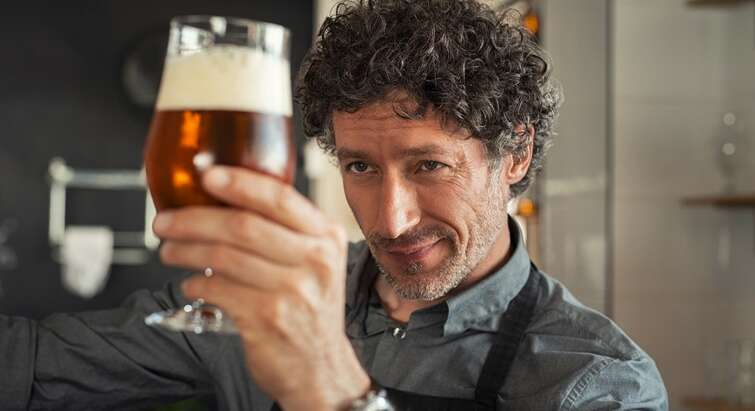
Researchers make non-alcoholic beer taste like regular beer
After thousands of years, an iconic whale confronts a new enemy

